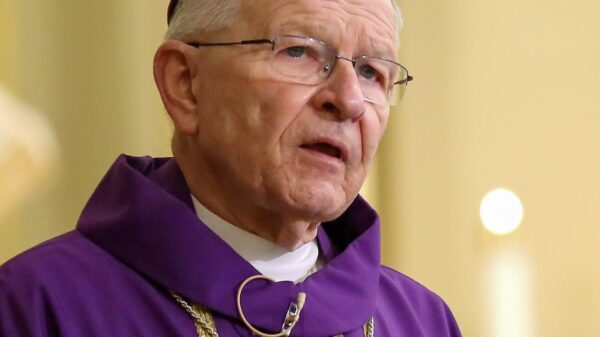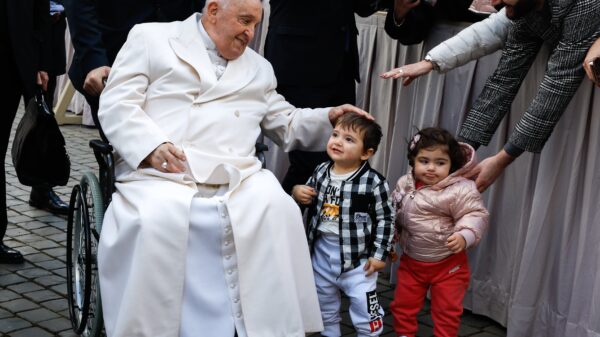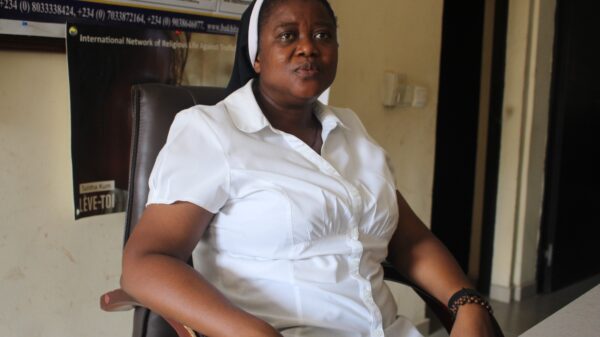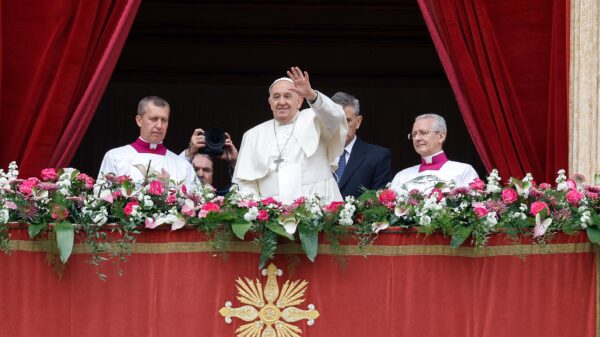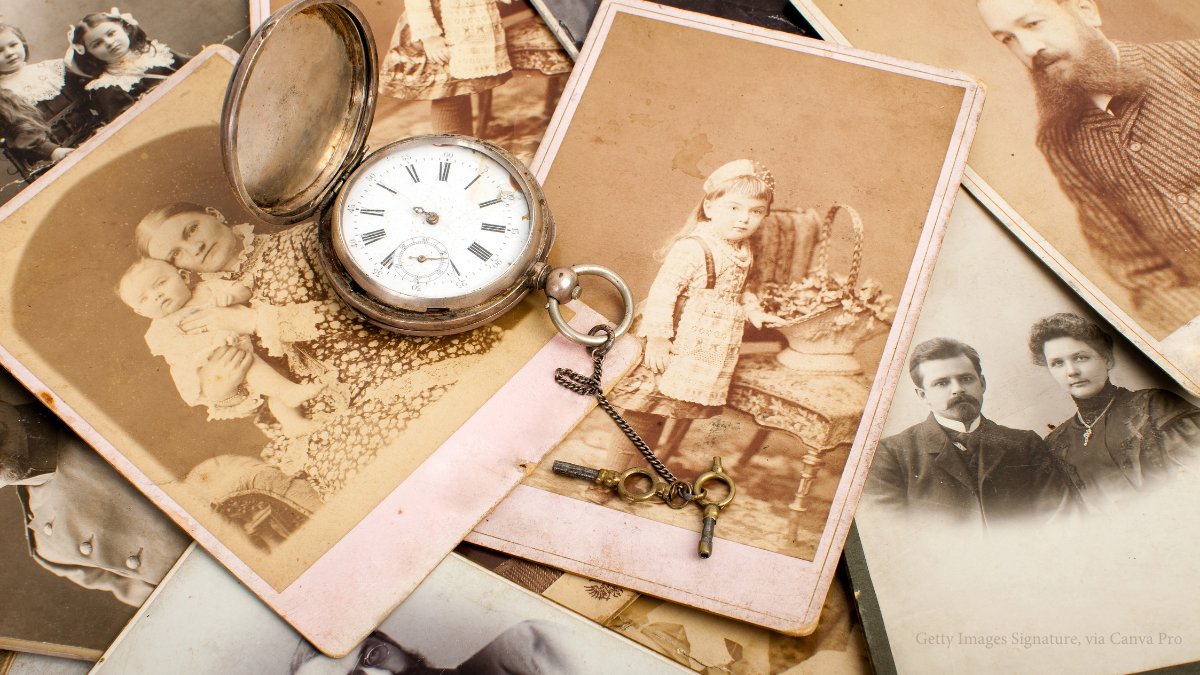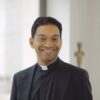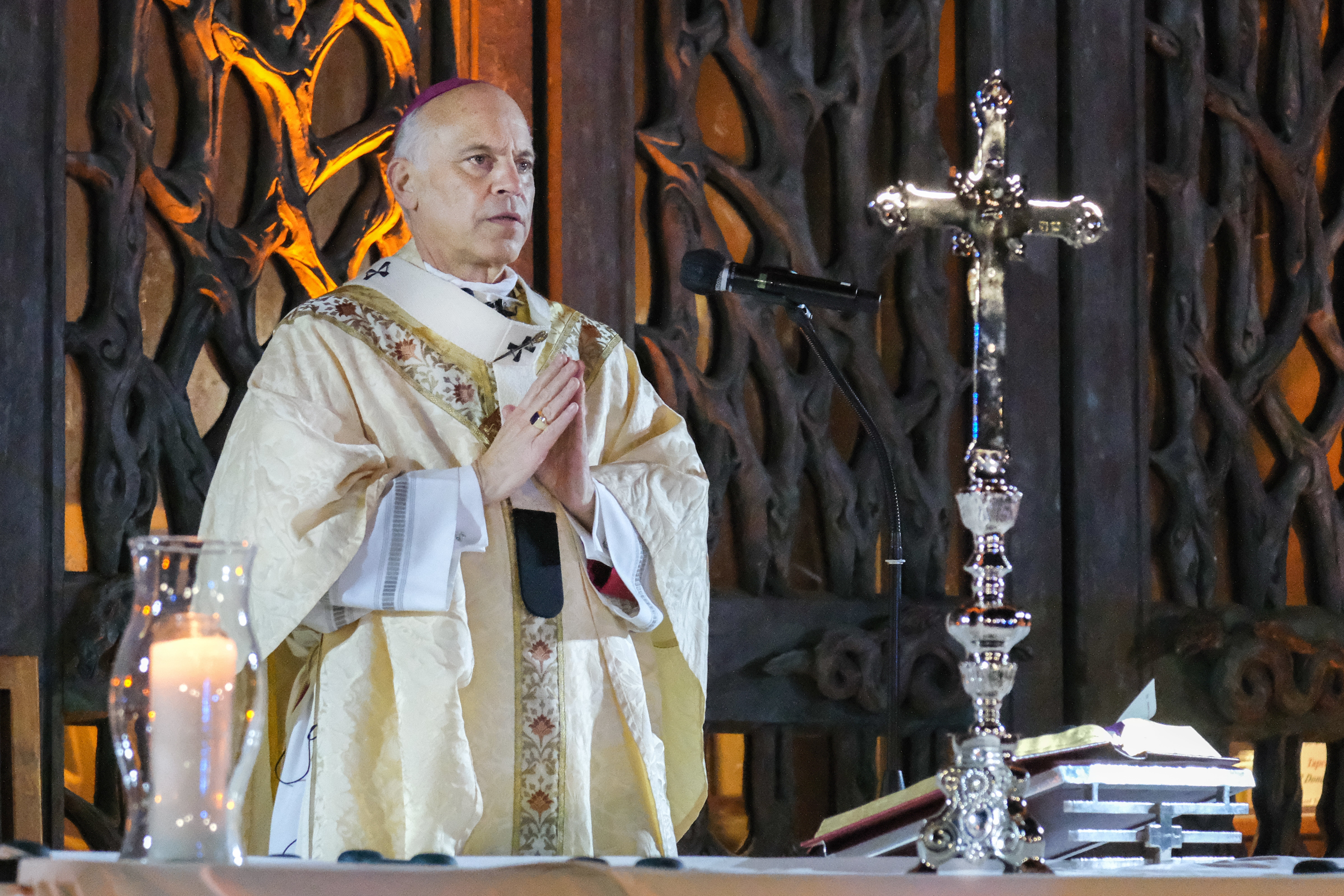By Kenneth Craycraft
“My theme is memory, that winged host that soared about me one gray morning of war-time,” explains protagonist and narrator Charles Ryder in Evelyn Waugh’s novel, “Brideshead Revisited.”
“These memories,” he continues, “which are my life — for we possess nothing certainly except the past — were always with me.”
This theme is so essential to “Brideshead” that the passage provides the subtitle of the book: “The Sacred and Profane Memories of Captain Charles Ryder.”
The account of Charles Ryder’s memories and the book in which the story is told are both examples of what we intend for this new column. It will be a monthly meditation on what it even means to possess memories, as considered through some cultural possession of the past. We will try to recapture and refine memories by revisiting classic stories, novels, plays, songs, and poems, as well as signal philosophical, theological, and literary essays.
In the first instance, the experience of remembering — of having memories — is itself no simple matter. How many times have we been absolutely certain that we remember some past event exactly as it occurred, only to be shown irrefutable proof that it didn’t occur that way at all — that some significant detail was different from our memory of it? Research psychologists have demonstrated, in fact, that some people possess certain memories of things that certainly did not occur at all. Yet, it is the memory that shapes us, whether the past event (or some features about it) either did not happen or happened very differently. In other words, it is less the past event that determines our lives than it is how relatively accurately we recall it.
In “Brideshead,” Waugh (through Ryder) is almost certainly invoking St. Augustine’s sustained exercise in remembering in his magisterial “Confessions.” Augustine contends that sometimes memory is of the thing itself; while other times memory is only of some image of the thing. For example, as to “all the things I have learned in the liberal arts,” he explains, “it is not their images that I possess, but the things themselves.” Rules of grammar, rhetoric, and logic are “in my memory, and not as though I retained an image but left the thing itself outside me.” The memory of an arithmetic sum is the sum.
On the other hand, some memories are not the thing itself, but only markers by which we recall the thing after it has since disappeared. Noises, tastes, smells, and sounds that impress our senses but then pass away are examples of such things. They are in our memory, but to remember them is not to possess them as rules of logic or grammar. Rather, these external things are “imagined by memory even after [they are] separated from us,” explains St. Augustine. “They are not conveyed into memory,” but only recalled by memory. These are the things that, as noted above, we remember more or less as they actually occurred. Were her eyes blue or green? Did that happen in Peoria or Spokane? Was it chocolate cake or butter cream?
Because of these kinds of memories, I am not altogether convinced that “we possess nothing certainly except the past.” But neither is Ryder (and probably Waugh) confident of the maxim either. After the categorical assertion, Ryder hedges, comparing his memories to the pigeons of St. Mark’s Square in Venice. “They were everywhere, under my feet, singly, in pairs … nodding, strutting, winking, rolling the tender feathers of their necks,” he says. “[U]ntil, suddenly, the noon gun boomed and in a moment, with a flutter and sweep of wings, the pavement was bare and the whole sky above dark with the tumult of fowl.” In light of this metaphor, Ryder might agree that we must qualify his assertion. We do not possess the past with certainty; but the past may be the only thing we certainly possess.
Despite (or perhaps because of) this modification of Ryder’s maxim, the exercise of remembering is vital to our moral lives. We are largely constructed from perceived memories of past events. Memories, whether accurate or faulty, make us this kind of person rather than some other kind who doesn’t have those memories.
Which brings me back to the second way that “Brideshead Revisited” is the appropriate work to consider in this debut column. It is one of those books that Catholics know about, and perhaps even have a copy on their shelves. But it has been a very long time since it was taken down, if it was ever read at all. Or perhaps we are familiar with the (very good) Granada Television series from the 1980s. As good as that is, however, it does not match Waugh’s delightful prose or penetrating examination into the Flyte family, with their many faults and virtues. Nor does the TV series convey Waugh’s great love for the Catholic Church, despite the faults of her members.
“Brideshead Revisited” is one of those books that should be read and re-read, both because our memory of it may be faulty, and because revisiting these characters, and their time and place may not only teach us something about the exercise of remembering, but surprise us with startling insights relevant to our own times and lives. I am hopeful that this monthly column might accomplish something similar.
Kenneth Craycraft is Associate Professor of Moral Theology at Mount St. Mary’s Seminary & School of Theology in Cincinnati.


